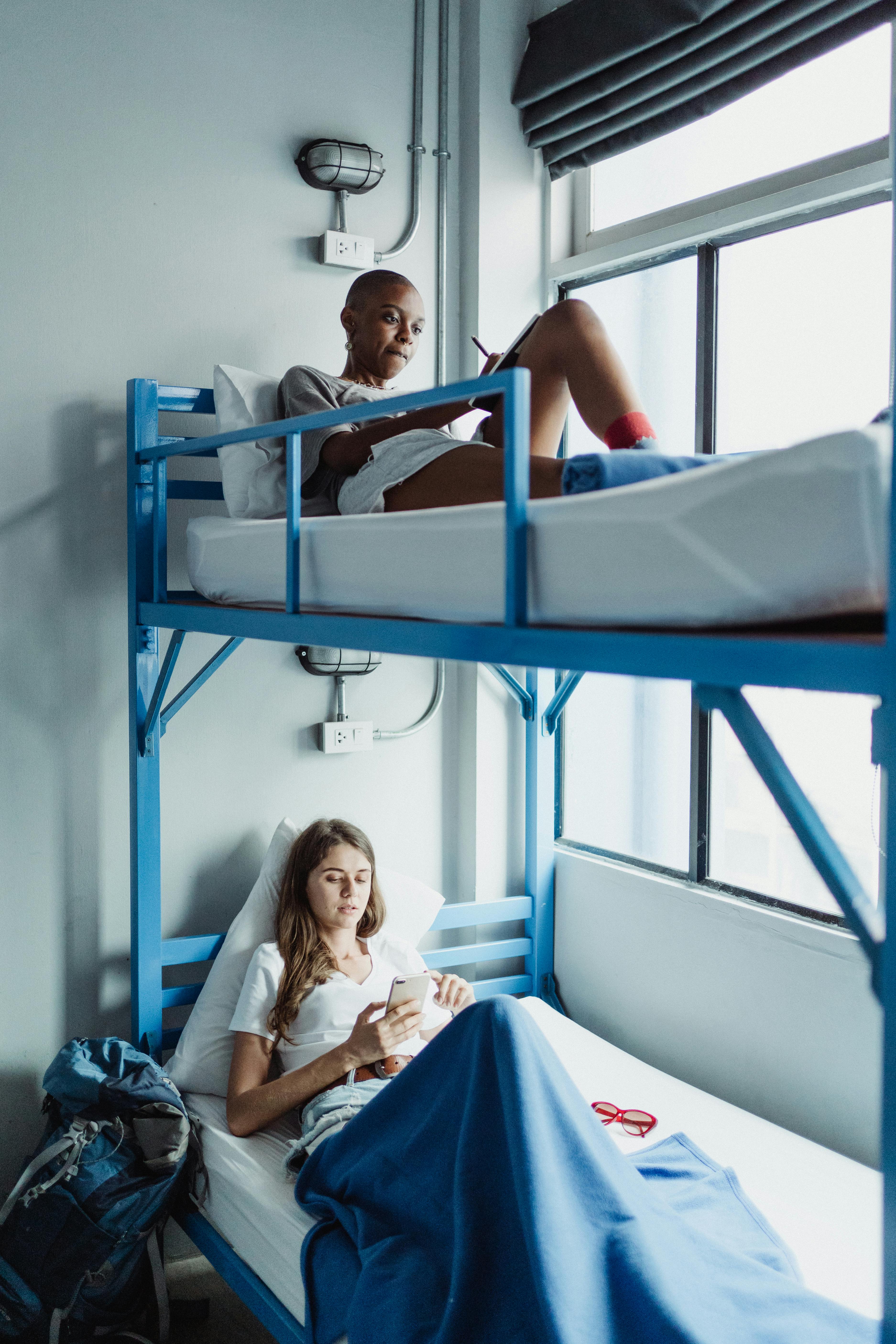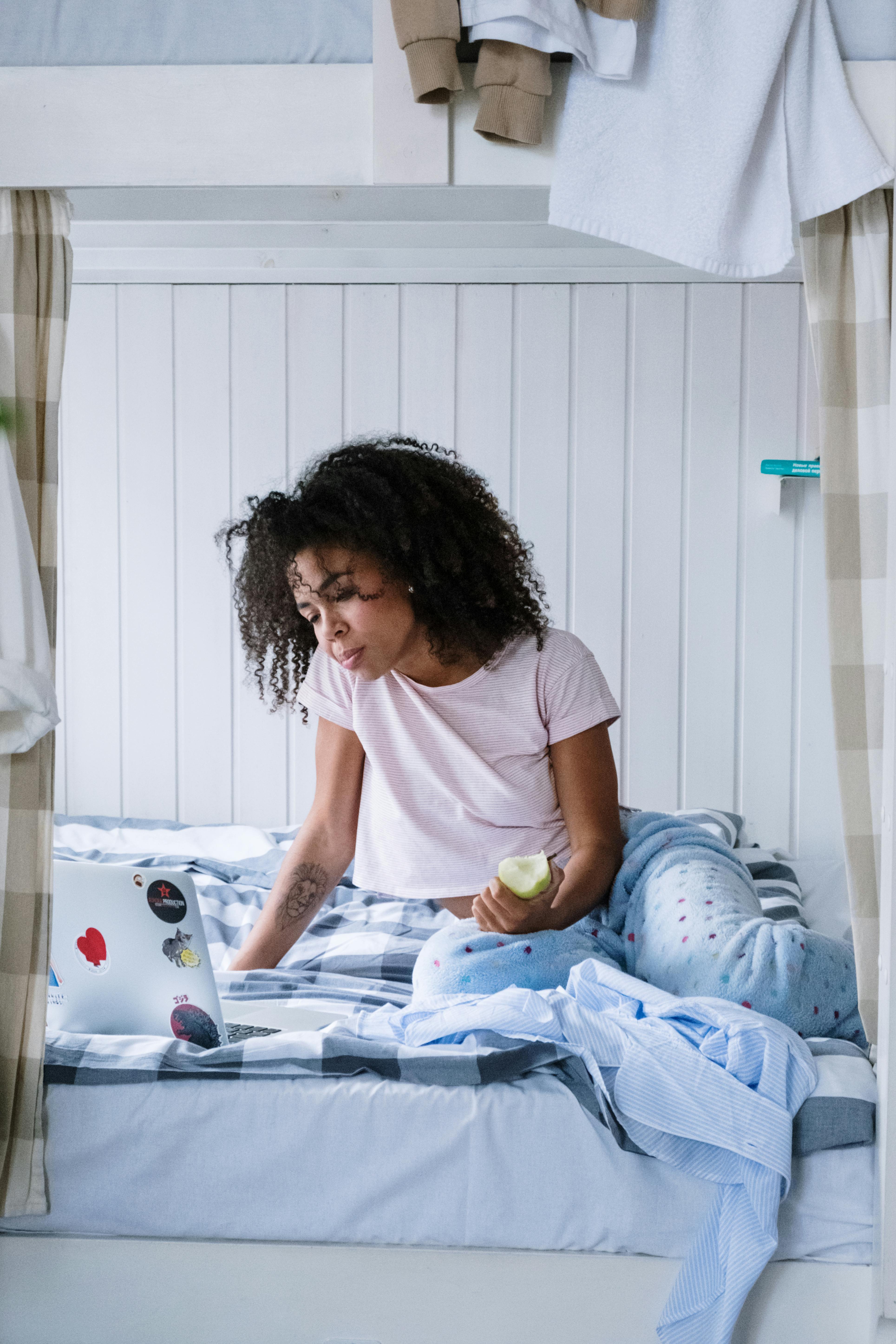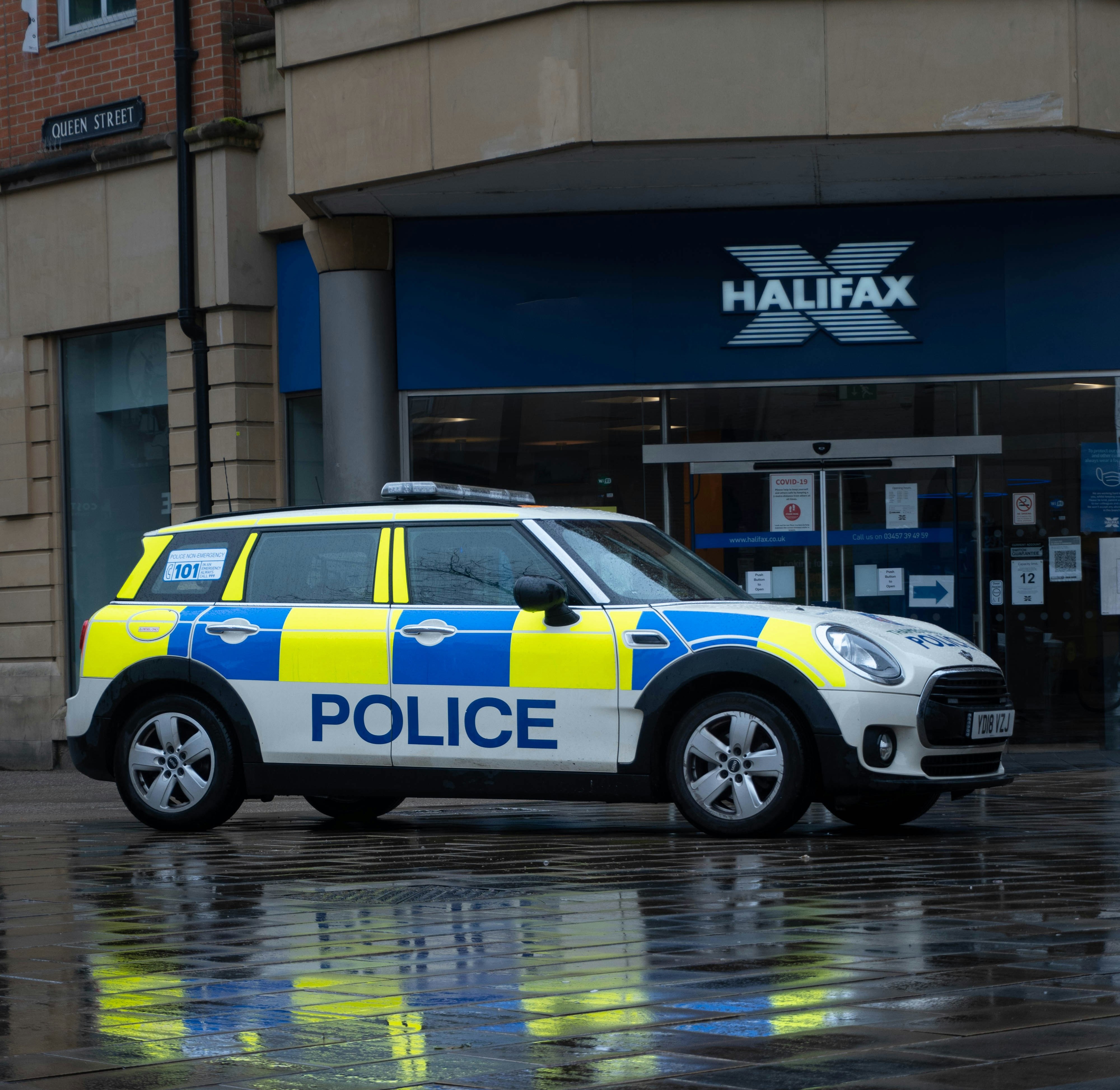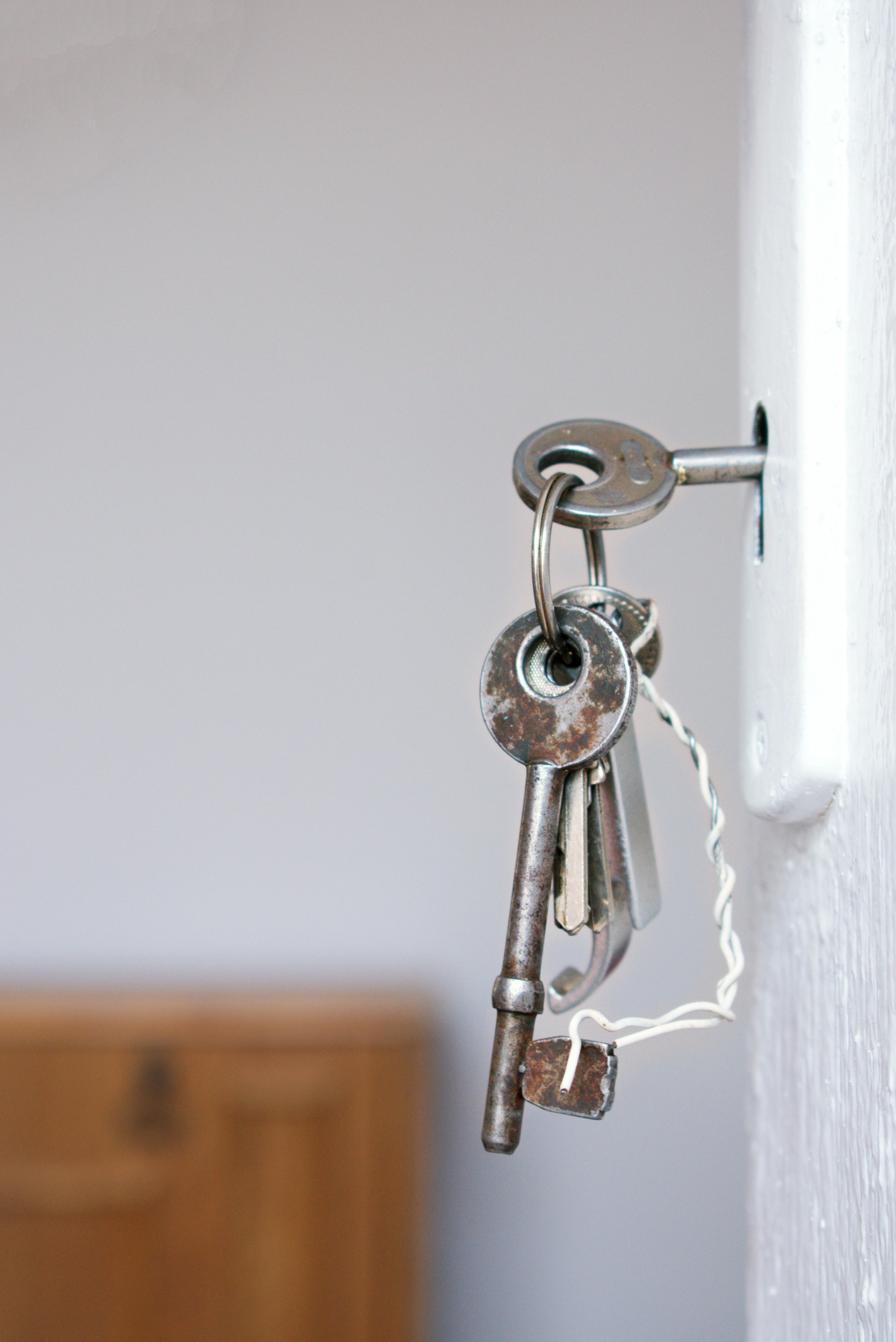
Tips for Staying Safe in Student Accommodation in the UK
When you move to the UK for your studies, one of the most important considerations is your safety in student accommodation. Whether you’re staying in university halls or private housing, ensuring a secure living environment is crucial. But what steps can you take to protect yourself and your belongings? Here’s a comprehensive guide to help you stay safe in your student accommodation in the UK, covering everything from securing your space to navigating your surroundings.
1. Choosing the Right Accommodation
Selecting safe and reliable accommodation is your first step toward ensuring safety. The type of accommodation you choose can significantly impact your security, so it’s important to research and pick wisely.
University-Managed Halls: University halls are often considered safer due to on-site security measures, such as CCTV, keycard entry, and 24/7 staff presence. These accommodations are typically well-maintained, and the proximity to campus reduces the need for late-night travel.
Private Accommodation: If you opt for private accommodation, ensure it’s in a safe neighborhood. Look for properties with secure locks, good lighting, and proximity to public transport. Research the area’s crime rate and speak to current or former residents if possible.
Accreditation: Check if the accommodation provider is accredited by a recognized body like the National Code or the Unipol Code. These accreditations indicate that the accommodation meets certain safety and management standards.

2. Securing Your Room
Once you’ve chosen your accommodation, the next step is to ensure your individual room is secure. Taking a few precautions can make a big difference in your personal safety.
Locks and Keys: Ensure that your room has a secure lock on both the door and windows. Always lock your door when leaving, even if it’s just for a short time. If you lose your key, report it immediately and request a lock change if necessary.
Security Devices: Consider using additional security devices, such as door wedges or portable locks, for extra peace of mind. These devices are inexpensive and easy to use, providing an additional layer of protection.
Personal Belongings: Keep valuable items like laptops, phones, and important documents in a secure place. A small safe or lockbox can be useful for storing passports, bank cards, and other important items. Avoid leaving valuables in plain sight.

3. Being Aware of Fire Safety
Fire safety is a crucial aspect of staying safe in any accommodation. Understanding the fire safety measures in your building and knowing how to respond in an emergency can save lives.
Fire Alarms and Equipment: Ensure that your accommodation has working smoke detectors, fire alarms, and fire extinguishers. Familiarize yourself with the location of fire exits and fire safety equipment in your building.
Fire Drills: Participate in any fire drills organized by your accommodation. These drills are essential for understanding the evacuation process and ensuring you can leave the building quickly and safely in an emergency.
Cooking Safety: Many student accommodation fires start in the kitchen. Avoid leaving cooking unattended, keep flammable materials away from heat sources, and ensure that appliances are turned off after use. Additionally, never use cooking appliances in your room unless permitted.

4. Understanding Local Safety Measures
Being aware of the local safety measures and emergency contacts in your area is vital for your overall safety. This knowledge can help you react quickly in emergencies and stay informed about local risks.
Emergency Contacts: Save important phone numbers, such as the local police station, campus security, and emergency services (999 in the UK). Know the location of the nearest hospital and the procedure for reporting emergencies in your accommodation.
Neighborhood Watch: Some areas have a Neighborhood Watch program that can provide extra security. Check if your area is part of this initiative and how you can be involved or stay informed about safety in your neighborhood.
Local Laws and Regulations: Familiarize yourself with local laws and regulations, including noise ordinances and rules regarding gatherings. Being aware of these can help you avoid conflicts with neighbors and local authorities, contributing to a safer living environment.

5. Social Safety and Visitor Management
While it’s important to socialize and make friends, managing who comes into your living space is crucial for maintaining a safe environment.
Visitor Policies: Follow the visitor policies set by your accommodation provider. These rules are in place to ensure everyone’s safety. Avoid inviting strangers into your accommodation and always inform your roommates if you’re having guests.
Roommate Communication: If you share your accommodation with others, establish clear communication about visitors. Agree on rules regarding who can come over, at what times, and how guests should behave to ensure everyone feels safe.
Social Media Caution: Be cautious about sharing your location or accommodation details on social media. Oversharing can make you vulnerable to unwanted attention or even theft. Use privacy settings to control who can see your posts.

6. Personal Safety Practices
In addition to securing your accommodation, adopting personal safety practices is key to staying safe. These habits can help you avoid risky situations and protect yourself in various scenarios.
Travel Safety: Avoid walking alone at night, especially in unfamiliar areas. Use well-lit and populated routes, and consider using a taxi or ride-sharing service if you’re out late. Share your travel plans with friends or family, so they know your whereabouts.
Self-Defense: Consider taking a self-defense class to build confidence and learn how to protect yourself in case of an emergency. Some universities offer these classes, or you can find local courses in your area.
Stay Connected: Keep your phone charged and with you at all times. Ensure you have a local SIM card or a reliable way to contact others, especially in case of emergencies. It’s also wise to share your location with trusted friends or family members when heading out.
7. Dealing with Bullying and Harassment
Unfortunately, bullying and harassment can occur in any environment, including student accommodation. Knowing how to handle these situations is crucial for maintaining your mental and physical safety.
Recognizing Bullying and Harassment: Bullying and harassment can take many forms, from verbal abuse to exclusion or even physical intimidation. Recognize the signs and understand that no form of bullying is acceptable.
Reporting Incidents: If you experience or witness bullying or harassment, report it to your accommodation management, university support services, or local authorities. Most universities have dedicated support systems in place to address these issues and provide help.
Seeking Support: Don’t hesitate to seek support if you’re feeling threatened or uncomfortable. Counseling services, student unions, and helplines are available to offer assistance and advice on how to deal with such situations.
8. Cybersecurity in Student Accommodation
With so much of our lives happening online, cybersecurity is an often overlooked but essential aspect of safety. Protecting your digital life is as important as securing your physical space.
Secure Wi-Fi Networks: Always use secure Wi-Fi networks and avoid logging into sensitive accounts when using public or shared networks. Ensure that your accommodation’s Wi-Fi is password-protected and consider using a VPN for an added layer of security.
Password Protection: Use strong, unique passwords for all your online accounts and enable two-factor authentication (2FA) wherever possible. Avoid using easily guessable passwords like “123456” or “password.”
Data Backup: Regularly back up your important files, such as academic work and personal documents, to a secure cloud service or external hard drive. This protects you against data loss due to device theft, malfunction, or cyberattacks.
9. Mental Health and Wellbeing
Your mental health is a crucial part of your overall safety. Stress, anxiety, and homesickness are common among international students, so it’s important to prioritize your mental well-being.
Support Services: Most universities offer mental health support services, including counseling and peer support programs. Don’t hesitate to reach out if you’re struggling; these services are there to help you navigate the challenges of student life.
Healthy Lifestyle: Maintain a healthy lifestyle by eating well, exercising regularly, and getting enough sleep. Physical health is closely linked to mental well-being, and taking care of your body can improve your overall resilience.
Mindfulness and Relaxation: Practice mindfulness or relaxation techniques to manage stress and anxiety. Apps like Headspace or Calm can offer guided meditation sessions, which are particularly helpful during exam periods or when adjusting to life in a new country.
10. Emergency Preparedness
Being prepared for emergencies is a crucial part of staying safe in student accommodation. Knowing what to do in case of an emergency can prevent panic and ensure a swift response.
Emergency Kits: Prepare an emergency kit with essential items like a flashlight, batteries, a first aid kit, bottled water, and non-perishable snacks. Keep this kit in an easily accessible place in your room.
Evacuation Plans: Familiarize yourself with the evacuation plans and routes in your accommodation. Participate in fire drills and ensure you know how to exit the building safely in case of a fire or other emergency.
Stay Informed: Keep an eye on local news and weather reports, especially during severe weather or other potential emergencies. Sign up for alerts from your university or local authorities to stay informed about any urgent situations.
Safety should be a top priority for every international student living in the UK. By choosing secure accommodation, practicing good personal safety habits, and staying informed about local safety measures, you can significantly reduce risks and enjoy your time studying abroad. Remember, your safety is your responsibility, and taking proactive steps can make all the difference in creating a safe and enjoyable living environment.


